Search

Northern Spain, October 1944. Several groups of guerrilla fighters, former Republican soldiers exiled in France after the end of the Spanish Civil War, infiltrate the country in order to provoke a popular uprising against General Franco’s dictatorship.

In 1979, a delivery truck makes its way up a lonely southern California highway in a storm, bound for the San Diego Zoo with a deadly tropical rattlesnake as cargo. When the truck suffers a blowout, the driver loses control and hits a tree, shattering the snake’s aquarium in the back and the window separating the snake from the driver. The snake slithers into the front of the truck, kills the driver with its bite and then moves off into the forest. Flash forward to 1999. The small southern California town of San Vicente has grown from 6,000 to 30,000, and the rattler, which escaped nearby years ago, has bred. There are now 25,000 of these hybrid rattlesnakes, and they are slowly making their way downhill into the town, attracted by the movement of the blasting as the town paves its way toward progress. Progress, in this case, brings terror, in this tale originally penned by John Carpenter.

The 30th Annual Screen Actors Guild Awards, produced by Silent House Productions in partnership with SAG-AFTRA, will stream live globally on Netflix Saturday, Feb. 24, 2024, at 8 p.m. ET from the Shrine Auditorium and Expo Hall.

The evil criminal leader Kendrick has kidnapped an elderly biochemist who holds the secret to creating a biological superweapon. The only person who can possibly stop Kendrick and his gang is L. A. cop Sam Kettle and martial arts master Jun Kim (uncle of a little girl also kidnapped by Kendrick). Together, they go to war against an army of ninjas to rescue the hostages and bring their kidnappers to justice.
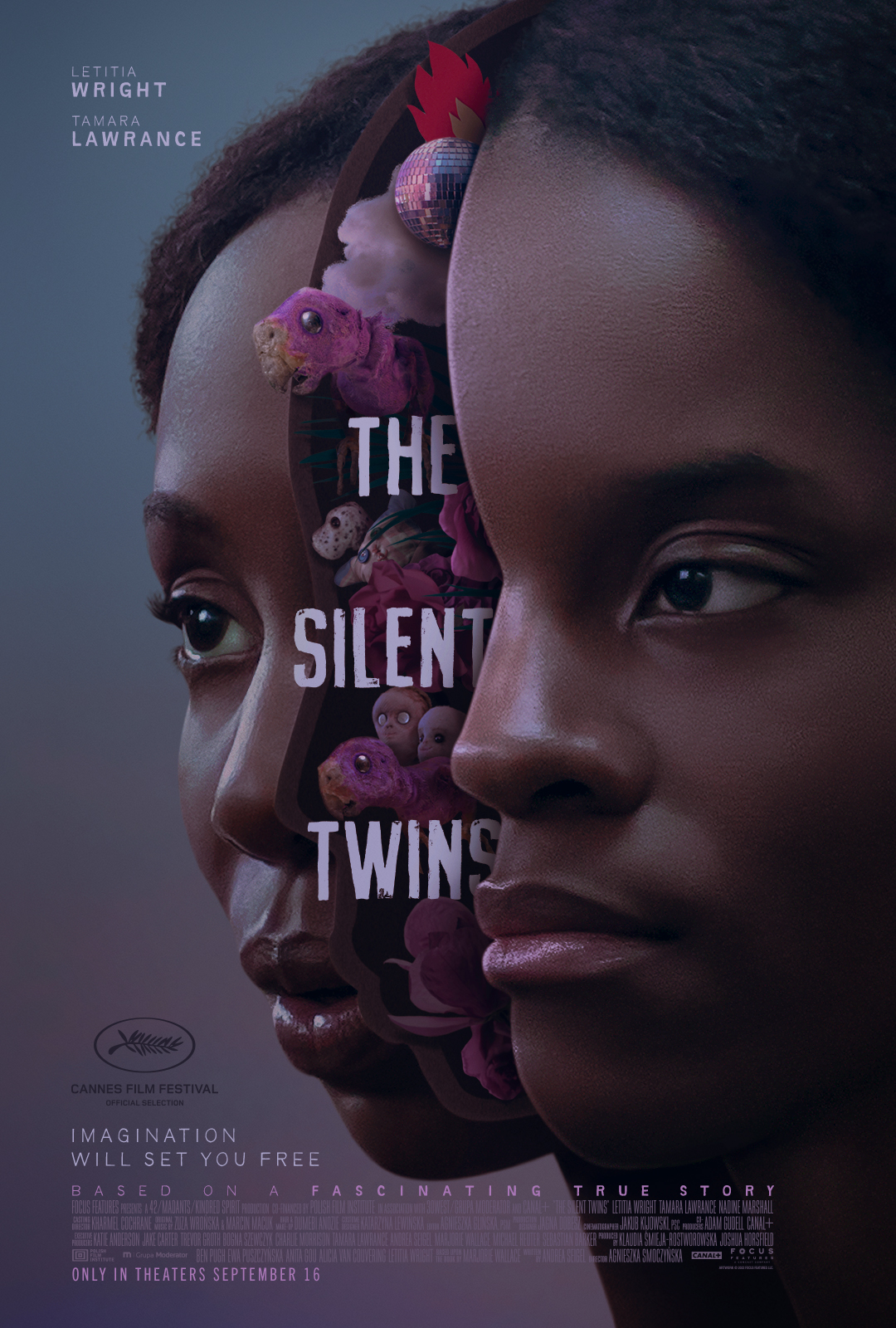
Feeling isolated from that unwelcoming community, June and Jennifer Gibbons turn inward and reject communication with everyone but each other, retreating into their own fantasy world of artistic inspiration and adolescent desires.
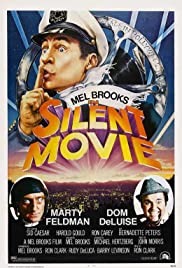
Aspiring filmmakers Mel Funn, Marty Eggs and Dom Bell go to a financially troubled studio with an idea for a silent movie. In an effort to make the movie more marketable, they attempt to recruit a number of big name stars to appear, while the studio’s creditors attempt to thwart them. The film contains only one word of dialogue, spoken by an unlikely source.
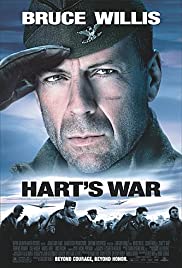
Fourth-generation Army Col. William McNamara is imprisoned in a brutal German POW camp. Still, as the senior-ranking American officer, he commands his fellow inmates, keeping a sense of honor alive in a place where honor is easy to destroy, all under the dangerous eye of the Luftwafe vetran Col. Wilhelm Visser. Never giving up the fight to win the war, McNamara is silently planning, waiting for his moment to strike back at the enemy. A murder in the camp gives him the chance to set a risky plan in motion. With a court martial to keep Visser and the Germans distracted, McNamara orchestrates a cunning scheme to escape and destroy a nearby munitions plant, enlisting the unwitting help of young Lt. Tommy Hart. Together with his men, McNamara uses a hero’s resolve to carry out his mission, ultimately forced to weigh the value of his life against the good of his country.

When the newlywed wife of a Minnesota police chief accuses a new officer on his force of raping her several years earlier, it sets the stage for a tense confrontation in this riveting story. Penelope Ann Miller and Reed Diamond star as Kathy and Doug Clifson, a hard-working couple whose lives are torn apart when a new officer, John McCrane, joins the force. Kathy recognizes him as the man who raped her when she was a teenager, and while other women soon come forward saying that McCrane also raped them, the police force closes ranks to protect one of their own.
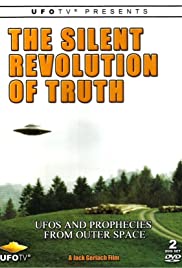
The award-winning film documents the amazing, true-life adventures of Billy Meier, the only proven UFO contactee.

In this undersea thriller, a United States submarine is seized by terrorists. But a rescue attempt by an elite group of Navy Seals goes wrong when they are captured. Now they must wage a silent war beneath the waves.

After serving in the trenches of World War I, Jean Diaz recoils with such horror that he renounces love and personal pleasure to immerse himself in scientific research, seeking a machine to prevent war. He thinks he has succeeded, but the government subverts his discovery, and Europe slides with seeming inevitability toward World War II. In desperation, Diaz summons the ghosts of the war dead from the graves and fields of France to give silent, accusing protest.

The images comprise only of material Sergei Loznitsa found in the Moscow film archives about the siege of Leningrad during the World War II. By providing the originally silent images with a meticulously reconstructed soundtrack, the scenes from everyday life under siege seem to be set in the present. By not intervening in the montage but giving the scenes room to tell a story, the scenes transcend the specific historic events and lead a new life. They do not evoke memories of the past, but become a breathtaking reanimation of reality.

In six months, the population of Cromwell, Oklahoma, has climbed from 500 to 10,000. Boom times have come to the oil-rich town. So has a new breed of criminal. You Know My Name is the fact-based story of Bill Tilghman, a lawman and former partner of Wyatt Earp confronted by an emerging era when outlaws run whiskey instead of cattle and are likely to tote a tommy gun as carry a six-gun. An ideally cast Sam Elliott plays Tilghman, whose life takes on a newfangled wrinkle of its own. Tilghman makes a moving picture of his Old West exploits; and the success of that silent film, The Passing of the Oklahoma Outlaws, spreads his reputation like a brushfire. But that reputation may mean nothing to a thug (Arliss Howard) who hides behind a badge.

If you don‘t see things as a problem, you don‘t have one. This is the attitude Janne is trying to maintain towards the fact of being raped by the brother-in-law of her new boss. In the aftermath of her private bankruptcy, she needs a job and hates the idea of being a victim. Still, remaining silent about the incident has its consequences.

During the Russian Civil War, the production of a silent melodrama runs into numerous complications.

When Nora witnesses Abel being bullied by other kids, she rushes to protect him by warning their father. But Abel forces her to remain silent. Caught in a conflict of loyalty, Nora will ultimately try to find her place, torn between children’s and adult’s worlds.

Ash Mayfair’s reworking of her acclaimed film THE THIRD WIFE into a silent, black and white film, creating a completely different cinematic experience. In late 19th century Vietnam, fourteen-year-old May becomes the third wife to a wealthy landowner. She quickly learns that she can gain status and security if she gives birth to a male child, but her burgeoning attraction to Xuan, the second wife, puts her fragile standing in jeopardy. As May observes the unfolding tragedy of forbidden love and its devastating consequences, she must make a choice, to either carry on in silence, or forge a path towards personal freedom.
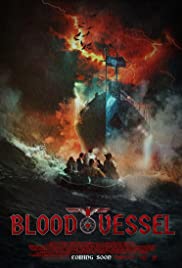
Near the end of World War II, the survivors of a torpedoed hospital ship cling to life aboard a crowded lifeboat. With no food, water, or shelter, all seems lost – until an eerily silent German minesweeper drifts ominously towards them, giving them one last chance at survival. As our motley crew explores the ship, it becomes all too clear that some diabolical fate has befallen its German crew. The mystery only deepens when they encounter a young Romanian girl, apparently the sole survivor, who leads them to a locked room in the bowels of the vessel.

Stéphane decides to move to the beautiful mountains of Cantal in order to reconnect with his 8-year-old daughter, Victoria, who has been silent since her mother’s disappearance. During a walk in the forest, a shepherd gives Victoria a puppy named “Mystery” who will gradually give her a taste for life. But very quickly, Stéphane discovers that the animal is in reality a wolf… Despite the warnings and the danger of this situation, he cannot bring himself to separate his daughter from this seemingly harmless ball of hair.

A lighthearted take on director Yasujiro Ozu’s perennial theme of the challenges of intergenerational relationships, Good Morning tells the story of two young boys who stop speaking in protest after their parents refuse to buy a television set. Ozu weaves a wealth of subtle gags through a family portrait as rich as those of his dramatic films, mocking the foibles of the adult world through the eyes of his child protagonists. Shot in stunning color and set in a suburb of Tokyo where housewives gossip about the neighbors’ new washing machine and unemployed husbands look for work as door-to-door salesmen, this charming comedy refashions Ozu’s own silent classic I Was Born, But . . . to gently satirize consumerism in postwar Japan.
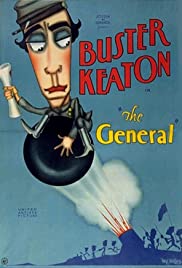
During America’s Civil War Union spies steal engineer Johnnie Gray’s beloved locomotive The General – his lady love, Annabelle Lee, aboard an attached boxcar – and he single-handedly must do all in his power to both get The General back and to rescue Annabelle. Released throughout most of the world in 1927, this Silent comedy-action film flopped when originally released, but now is regarded as one of the great American motion pictures. The story is based on actual historic events.
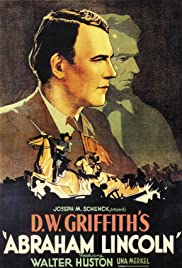
Silent film master D.W. Griffith’s first talkie works as a companion piece to his classic BIRTH OF A NATION, providing a detailed biographical sketch of the 16th president. We see his birth in a log cabin, the tragic death of his first love, Ann Rutledge (Una Merkel), his debates with Douglas, his accepting of the presidency, the terrible toll of the Civil War, and finally the tragic assassination at Ford’s Theater. Griffith shows his usual meticulous attention to period detail, and the framing of the various vignettes has the feel of historical photographs come to life. Walter Huston is excellent in the title role, with a portrayal that subtly evolves from laconic, wizened rascal to noble elder statesman. This is a fascinating, worthy film, and an interesting historical document in and of itself.

On the day in 1940 that Italy enters the war, two things happen to the 12-year-old Renato: he gets his first bike, and he gets his first look at Malèna. She is a beautiful, silent outsider who’s moved to this Sicilian town to be with her husband, Nico. He promptly goes off to war, leaving her to the lustful eyes of the men and the sharp tongues of the women. During the next few years, as Renato grows toward manhood, he watches Malèna suffer and prove her mettle. He sees her loneliness, then grief when Nico is reported dead, the effects of slander on her relationship with her father, her poverty and search for work, and final humiliations. Will Renato learn courage from Malèna and stand up for her?

A personal documentary about a public subject, My Father’s Vietnam personifies the connections made and unmade by the Vietnam War. Featuring never-before-seen photographs and 8mm footage of the era, My Father’s Vietnam is the story of three soldiers, only one of whom returned home alive. Interviews with the filmmaker’s Vietnam Veteran father, and the friends and family members of two men he served with who were killed there, give voice to individuals who continue to silently carry the psychological burdens of a war that ended over 40 years ago. My Father’s Vietnam carries with it the potential to encourage audiences to broach the subjects of service and sacrifice with the veterans in their lives.

Coral reefs are the nursery for all life in the oceans, a remarkable ecosystem that sustains us. Yet with carbon emissions warming the seas, a phenomenon called “coral bleaching”—a sign of mass coral death—has been accelerating around the world, and the public has no idea of the scale or implication of the catastrophe silently raging underwater.
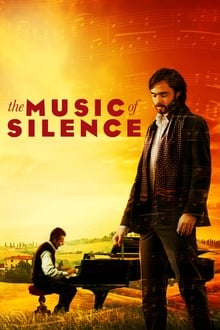
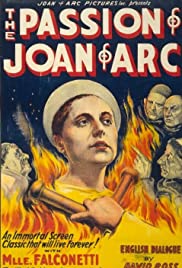
A classic of the silent age, this film tells the story of the doomed but ultimately canonized 15th-century teenage warrior. On trial for claiming she’d spoken to God, Jeanne d’Arc is subjected to inhumane treatment and scare tactics at the hands of church court officials. Initially bullied into changing her story, Jeanne eventually opts for what she sees as the truth. Her punishment, a famously brutal execution, earns her perpetual martyrdom.
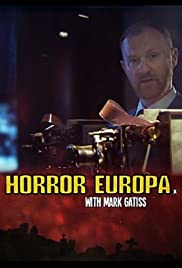
Actor and writer Mark Gatiss embarks on a chilling journey through European horror cinema, from the silent nightmares of German Expressionism in the 1920s to the Belgian lesbian vampires in the 1970s, from the black-gloved killers of Italian bloody giallo cinema to the ghosts of the Spanish Civil War, and finally reveals how Europe’s turbulent 20th century forged its ground-breaking horror tradition.